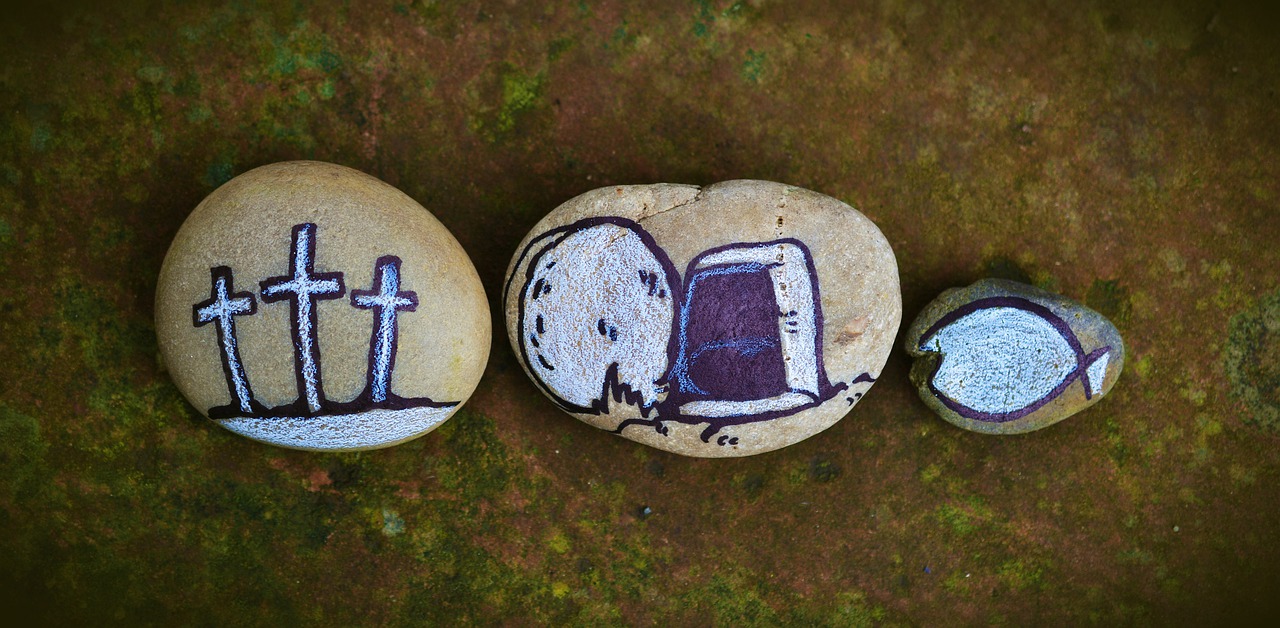Not so long ago, an English literary scholar set her head on the special task of researching the life stories of five men who, at a young age, applied to be accepted into the Carthaginian order surrounded by all sorts of legends, rumors and secrecy.
Over the years, four of the five boys abandoned their plan and left the order. Based on countless conversations, thousands of e-mails and various documents, the writer presents in detail the various impressions and experiences that weave the threads of the fate of young people who embark on an unconventional lifestyle. Although most people do not know much about the Carthusians, the story can be captivating even for those who are indifferent to the monastic life. However, perhaps the most surprising part of the story is that the only young man who remained all his life between the walls of the sometimes icy cold, sometimes sweaty hot monastery was the exact member of the small group whom no one considered suitable for monastic life. "Father Leo is not even a monk," the elders said about him, even when he was already their superior, since he was chosen as a slasher.
How many times it can be observed that we have deceptive impressions about who is close to and who is far from what we consider to be Christianity.
All of Brother Leo's fellow students seemed more pious, more persistent, gentler, and more devoted, yet it was precisely the one who was closest to the ideal of monastic seclusion, who seemed to be separated from him by the greatest distance. Why would it be inconceivable that someone is so important to Christianity itself or some form of Christianity that they have no need for external signs that make the country and the world aware of their commitment?
The period when we accepted that anyone who participates in the sacraments, accepts church leadership and recites the confession of faith can be considered a good man of God is over.
We became suspicious that these external signs could really be the only criteria for determining who is really inside the church and who is outside the church. Why wouldn't it be conceivable that these external signs are actually spread over the surface like a shroud that tries to cover a false and deceitful interior, and why wouldn't it be conceivable that someone can have a pure and healthy relationship with the one we call God in another form?
Why shouldn't it be conceivable that, while someone fulfills certain external standards, with his whole way of life he actually makes a mockery of what he apparently gave a sign of? Why should he not be a heretic with his life who recites the creed that excludes all heresy? Certain forms of suspicion have a corrosive effect on the soul and sap its vitality. However, this kind of suspicion results in a fortunate uncertainty: we are already more careful in judging who to put inside and who to put outside when we think about Christianity.
Not only the inner and the outer are in a special relationship within Christianity, but also distance and closeness.
In order for someone to be able to judge the events and developments of his own time, to be quite close to them, he must first be infinitely far away from them, all the way to the one we call God. It is no coincidence that in the events of their own time, the greatest worshipers often moved the most at home, and they judged the most accurately who was right. Athanasius knew that the emperors who trumpeted their Christianity were wrong on the most important issue (and it didn't stop him that he had to pay for his clarity with exile), Catherine of Siena knew that the pope had to go "home" from his captivity in Avignon, II. János Pál knew that states built on lies must collapse. All of them are too far removed from the moments of their time to be able to get very close to them. In the absence of this distance, a gray zone can easily develop, a blurred, obscure and swampy area, where the effort to cover up cheap interests gives strength to pronounce confident judgments, where words of appreciation only confirm servility, and condemnations only impose independence. In this gray zone, it is impossible to get very close to tangible things, because it lacks the need and possibility of infinite distance.
When brother Leo was appointed priest in the Carthaginian monastery, the first thing he did was to tear down the partition in the church with his own hands, which until then had separated the "fathers" who were mainly engaged in spiritual activities and ordained as priests, from the lay "brothers" who were mostly entrusted with physical work. There should not be a partition between the members of an order praying in the same church, he testified. Today, many groups of the same church and the same Christianity draw a partition between themselves and the others. Those who are disturbed by this situation cannot trust in anything else, except in the judgment of the spirit that examines everything from a suitable distance, and in the ability of the soul, drawn to an infinite distance from everything and fleeing all the way to God, to be able to get close to everything. Apart from that, only the gray mass awaits. Those who are really worth trusting did not choose this.
Author: Tibor Görföl / Szemlílek
Illustration: pixabay.com













